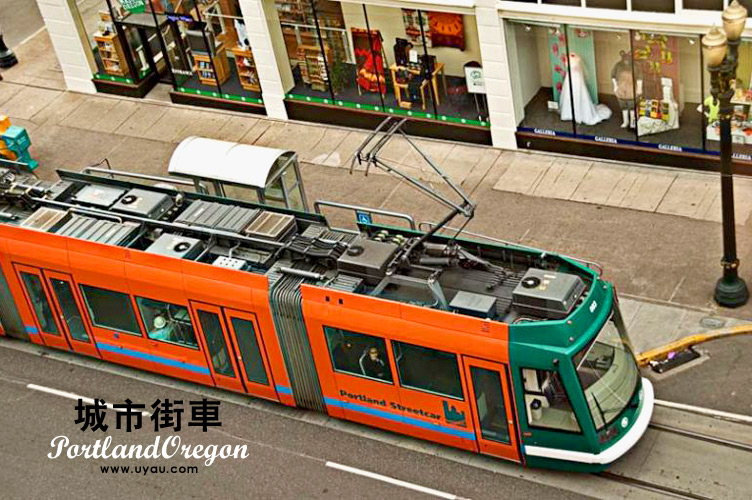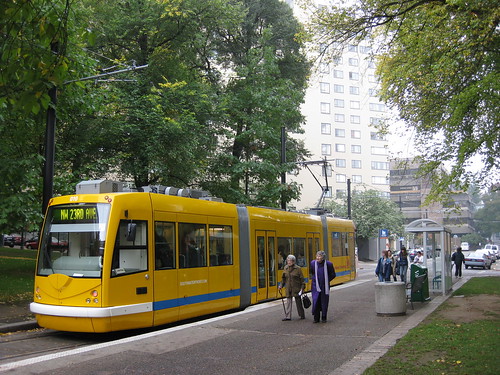In the days since the devastation in Joplin, I've seen a wide variety of calls to help the recovery efforts. Employers and organizations are promoting food or supply drives. Individuals are promoting their favorite charities in social media and sponsoring individual fundraising efforts.
Faced with all of these options, it is hard not to step back and consider how you can ensure your efforts to help are most effective. It is a harsh reality the charities, and charitable efforts, live in the same world of capitalism as everything else in our world, and they are bound by the same economic considerations. They compete for our limited supply of time, money and resources, so it pays to approach them with some economic ideas.
So, what do we consider when we want to help? For each $50 we decide to give to a specific charity, we also decide implicitly not to give that same $50 to another charity. If we spend that same $50 on supplies, we don't give it to a charity. Thus, we have a responsibility as "consumers" of charity to direct our limited resources in the most efficient ways possible.
Consider the situation in Joplin. The needs are massive and ever-changing, and it all has to be coordinated on the ground, in a community that is in chaos. Truckloads of donations will be pouring in, creating a supply chain challenge that would set spinning the heads of even the most sophisticated logistics professionals. Each of those trucks will contain a mysterious assortment of supplies that will need to be sorted through and deployed. Some will be based on what was urgently needed at the time of donation (though they may not be days later when they arrive), while others may be even less directed than that.
All of the donors who contributed those items spent their own time, fuel (and by association, money) and effort to acquire these items, and then the expense and coordination to ship is coordinated for each of these drives.
Alternatively, a charity like the
Red Cross, with their expertise in disaster relief and the power of millions of donations, can coordinate those efforts in direct response to real-time needs. They can acquire truckloads of needed supplies more quickly than we can respond, all while making each dollar go further with the economies of scale of their purchasing power and consolidation. Instead of 30 U-Hauls full of random supplies, they'll get semi-loads of the specific supplies that are needed, where they can be anticipated and deployed quickly.
All of this is facilitated, interestingly enough, with no need to make a trip to go shopping, drive to a drop-off site, sort items, arrange shipping, etc. Making a serious impact in disaster-stricken areas is as simple as sending a text message, and all of those resources spent here at home can be sent right to the point of need instead.
Text REDCROSS to 90999 to Give $10
Ironically, that ease of donation might actually discourage the most efficient way to help out in an emergency. That's because providing disaster relief isn't the only utility provided by charity. It also serves to make people feel good, to feel invested, like they are making a difference -- and it should. Firing off a donation in seconds feels impersonal, disconnected and even lazy. Contrast that with the experience of actually buying bottled water to donate or helping load a truck full of supplies, where you have the assurance of a tangible impact. People want to feel like they've
done something, and a text just isn't that difficult. It's the same reason there are food drives that require networks of trucks to coordinate pickups of buckets of food all over cities, all when food banks could ship that food right to their warehouses at a much lower cost per unit.
If that experiential giving can drive that much more donation, such that it overwhelmingly outweighs anything we lost in not being as efficient as we could be, then it is all worth it. In this case, though, unless you can actually be on the ground where there is a direct need for help, the seemingly lazy option may be the most effective one.
Personally, I think every effort can appeal to a different person in a different way, and that they all have the potential to help. In no way would I want to discourage anyone's well-meaning attempts to help. In a free market of ideas, each idea stands on its own.
In the face of a flurry of supply donations, charities are beginning to warn that they aren't even sure they'll get used in Joplin at all, per the
Facebook page dedicated to the recovery effort. For me, donating to the Red Cross seems like the best way for me to help, and I'll stay invested in the progress. Maximizing our impact can be the warmest fuzzy.









